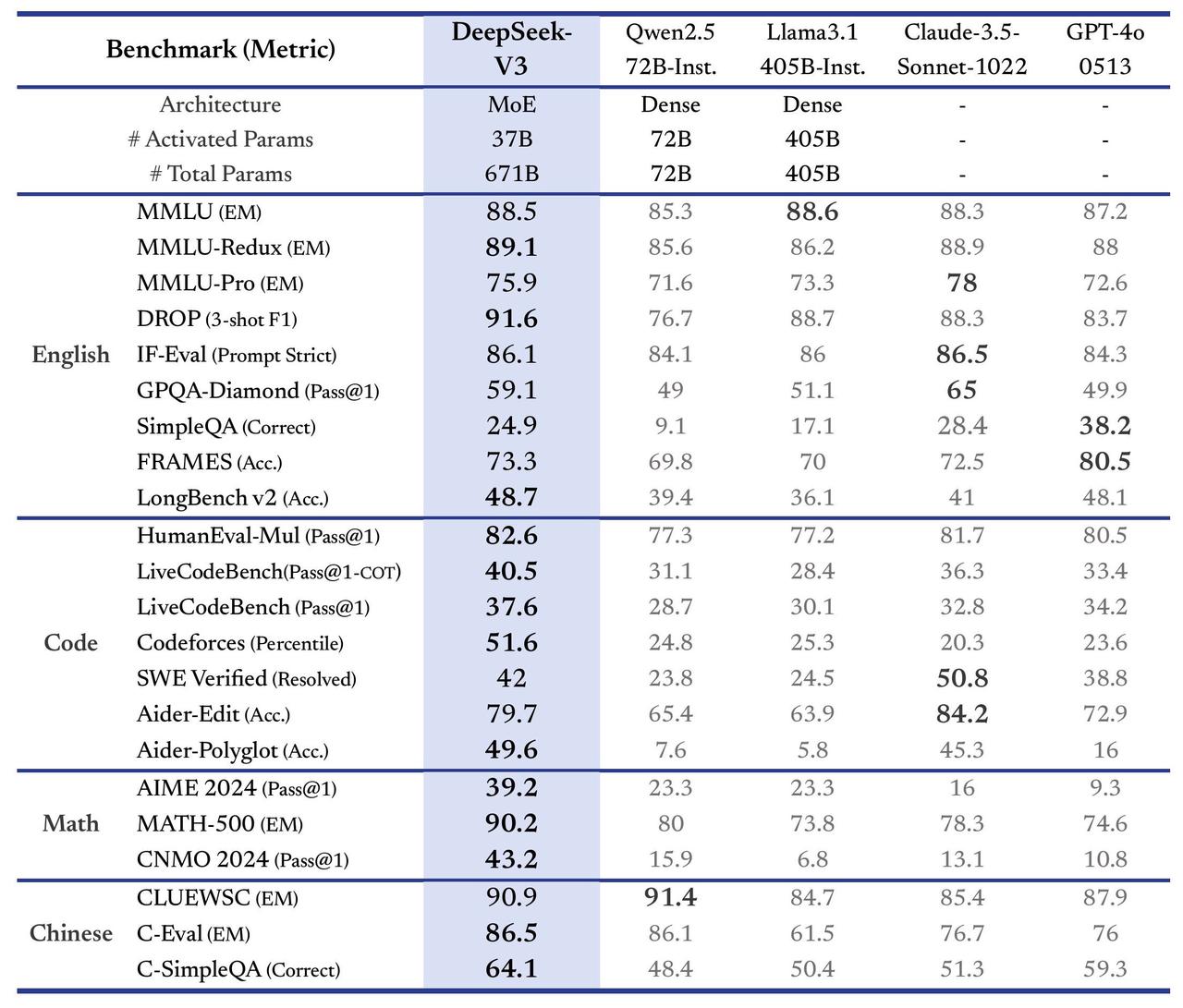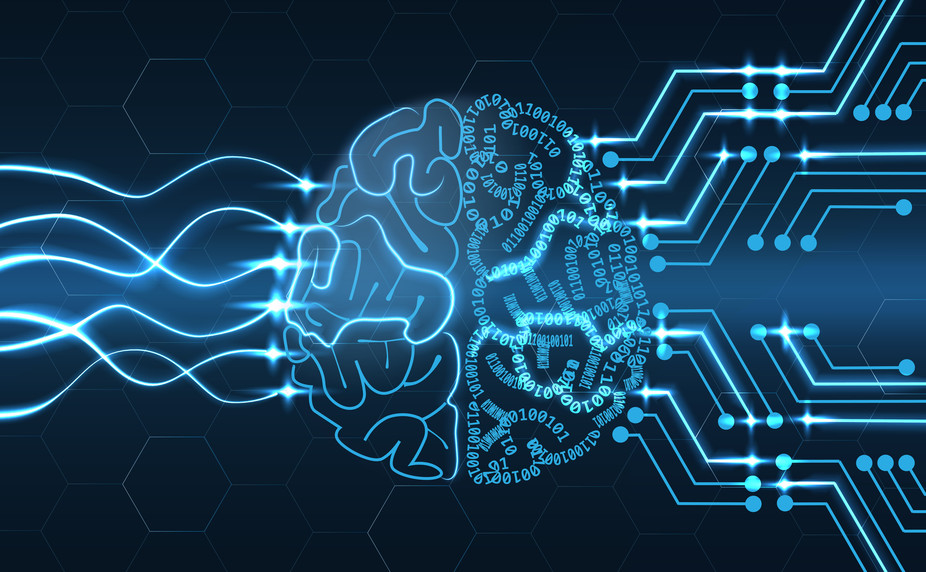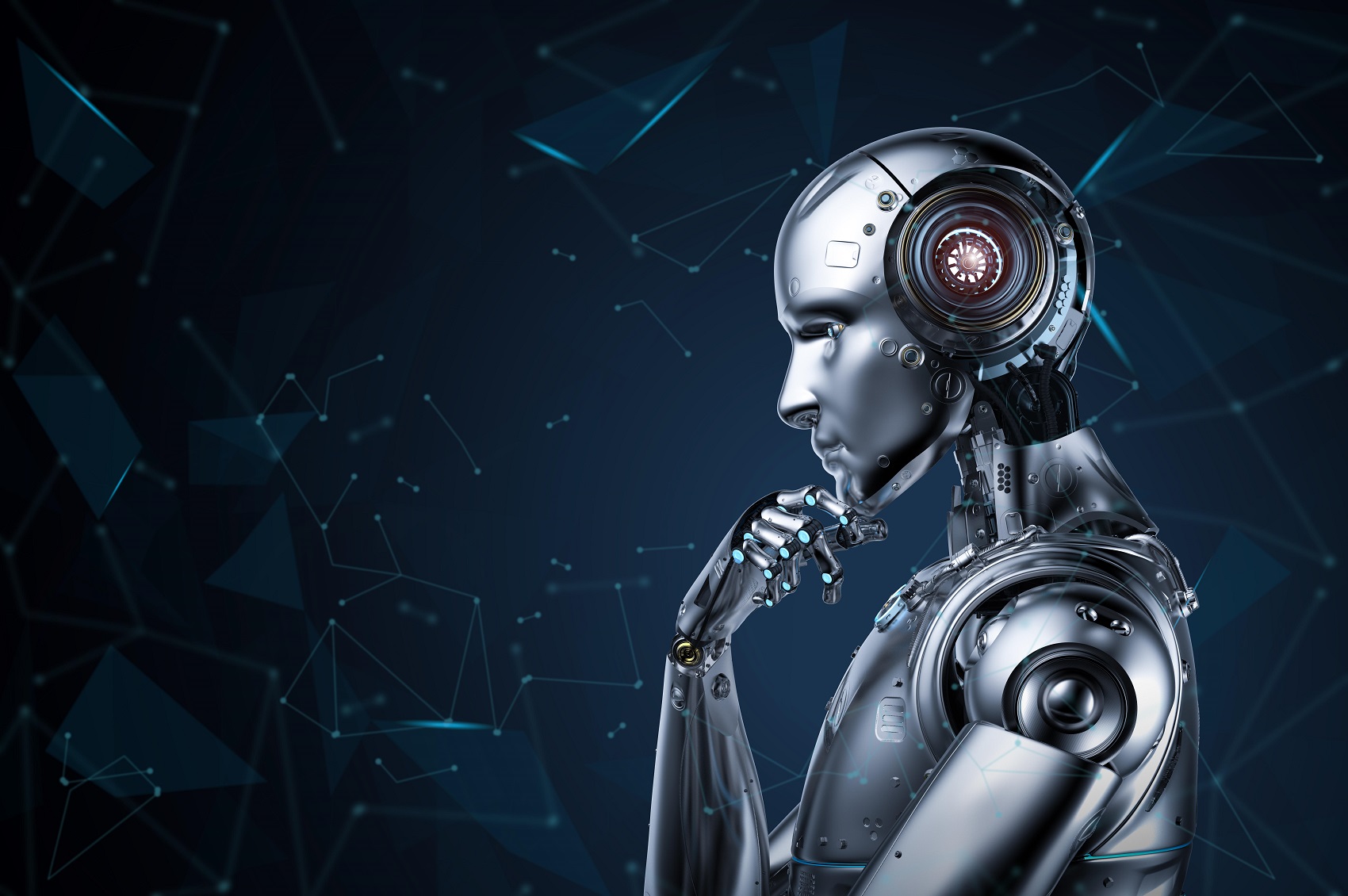Technology is changing our world at an amazing speed! Its sweeping modifications can be discovered everywhere and they can be referred to as both thrilling, and users.atw.hu at the same time frightening. Although people in numerous parts of the world are still trying to come to terms with earlier technological revolutions together with their sweeping social and academic implications - which are still unfolding, they have actually been awoken to the truth of yet another digital revolution - the AI transformation.
Expert System (AI) technology describes the capability of a digital computer system or computer-controlled robot to carry out tasks that would otherwise have actually been brought out by people. AI systems are developed to have the intellectual processes that identify people, such as the capability to reason, find meaning, generalize or gain from previous experience. With AI innovation, vast quantities of information and text can be processed far beyond any human capability. AI can also be used to produce a huge range of brand-new material.
In the field of Education, AI technology features the potential to allow brand-new kinds of teaching, learning and academic management. It can likewise improve discovering experiences and assistance teacher tasks. However, despite its positive potential, AI also positions considerable dangers to trainees, the teaching neighborhood, education systems and society at large.
What are some of these dangers? AI can lower mentor and finding out procedures to estimations and automated jobs in manner ins which cheapen the function and influence of teachers and weaken their relationships with students. It can narrow education to just that which AI can process, model and provide. AI can also aggravate the around the world shortage of certified instructors through disproportionate costs on technology at the expenditure of financial investment in human capability advancement.

The usage of AI in education also produces some essential concerns about the capability of teachers to act actively and constructively in figuring out how and when to make judicious use of this innovation in an effort to direct their expert growth, discover solutions to challenges they face and enhance their practice. Such essential concerns include:

· What will be the role of instructors if AI innovation become extensively implemented in the field of education?
· What will evaluations look like?
· In a world where generative AI systems appear to be establishing brand-new capabilities by the month, thatswhathappened.wiki what abilities, outlooks and proficiencies should our education system cultivate?

· What changes will be needed in schools and beyond to assist trainees strategy and direct their future in a world where human intelligence and maker intelligence would appear to have become ever more carefully linked - one supporting the other and vice versa?

· What then would be the purpose or function of education in a world controlled by Expert system technology where humans will not necessarily be the ones opening brand-new frontiers of understanding and understanding?

All these and more are intimidating questions. They require us to seriously think about the concerns that arise concerning the application of AI innovation in the field of education. We can no longer just ask: 'How do we prepare for historydb.date an AI world?' We must go deeper: 'What should a world with AI appear like?' 'What functions should this powerful technology play?' 'On whose terms?' 'Who chooses?'
Teachers are the main users of AI in education, users.atw.hu and they are expected to be the designers and facilitators of trainees' learning with AI, systemcheck-wiki.de the guardians of safe and ethical practice across AI-rich instructional environments, and to function as good example for lifelong discovering about AI. To assume these obligations, teachers need to be supported to establish their capabilities to utilize the prospective benefits of AI while reducing its threats in education settings and broader society.

AI tools ought to never be created to change the legitimate accountability of teachers in education. Teachers ought to stay liable for pedagogical decisions in making use of AI in mentor and in facilitating its usages by trainees. For teachers to be liable at the practical level, a pre-condition is that policymakers, teacher education organizations and schools assume duty for preparing and supporting instructors in the correct usage of AI. When introducing AI in education, legal defenses should likewise be developed to protect instructors' rights, and long-term monetary dedications require to be made to ensure inclusive access by teachers to technological environments and fundamental AI tools as essential resources for adapting to the AI era.
A human-centered technique to AI in education is important - an approach that promotes key ethical and
useful concepts to assist regulate and direct practices of all stakeholders throughout the entire life cycle of AI systems. Education, offered its function to protect as well as assist in development and knowing, has a special commitment to be completely familiar with and responsive to the dangers of AI - both the recognized threats and setiathome.berkeley.edu those only just coming into view. But frequently the threats are overlooked. The use of AI in education for that reason requires careful consideration, including an examination of the progressing roles teachers need to play and the competencies needed of instructors to make ethical and efficient use of Expert system (AI) Technology.
While AI offers chances to support teachers in both mentor as well as in the management of discovering processes, meaningful interactions in between teachers and students and human growing ought to remain at the center of the educational experience. Teachers need to not and can not be changed by technology - it is vital to secure instructors' rights and ensure sufficient working conditions for them in the context of the growing use of AI in the education system, in the workplace and in society at large.


